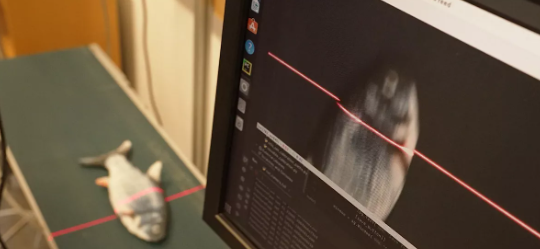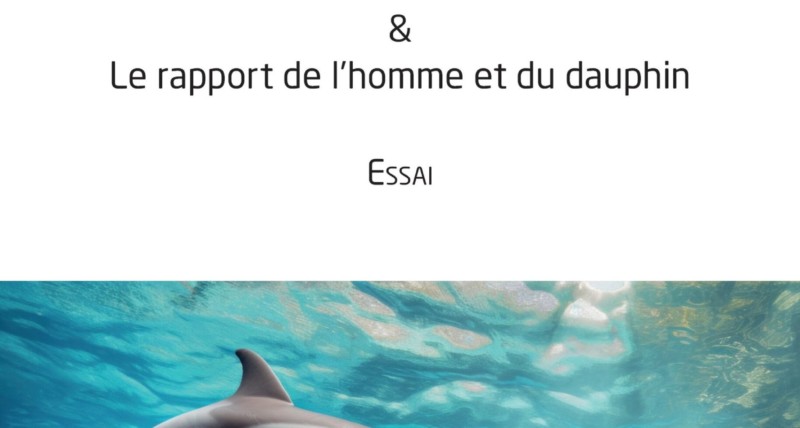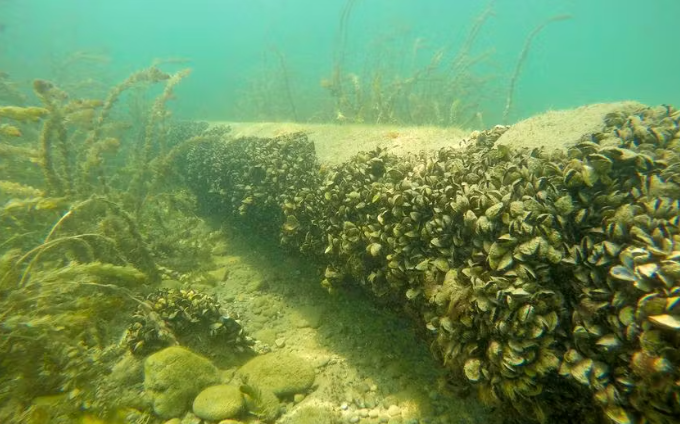Illegal Fishing Has a Major Impact on Global Trade and the Environment
Illegal fishing significantly impacts global trade and the environment by depleting fish stocks, destroying marine habitats, and impoverishing honest fishermen.
In Båtsfjord, a fishing village in the far northeast of Norway, a good day of fishing can yield 30 tons of fish. Cod is the most profitable catch, but unwanted fish cannot simply be thrown back into the sea: each species must be weighed and recorded individually.
Inspections can occur at any time, and even the slightest error in declaring catches can have serious consequences for fishermen, including heavy fines and reduced quotas.
« The fishing sector in Norway is strictly regulated, so it is crucial for us to know the exact number of catches to report to the government, » explains Tommy Jonassen, a fisherman. « If we make a mistake, in the worst case, they can take away the entire catch. »
To quickly and accurately weigh tons of different fish, this vessel is equipped with a new device that uses artificial intelligence to identify the species, size, and weight of the fish as they pass over a conveyor belt.
The goal is to make the process as automated as possible.
New European Regulation for Fishery Control
This revolutionary scanner has been designed by EveryFish, a European project developing smart catch recording tools.
« We need to know what is happening in the ocean to address various crises: the climate crisis and the biodiversity crisis, » explains the project director, Rachel Tiller, chief scientist at SINTEF Ocean in Trondheim.
« We are studying several developments in camera technology, computer vision, and artificial intelligence, » she adds. « We are trying to find solutions to install sensors on fishing vessels that will help us automatically record all the fish coming out of the sea. »
Why Is the EU Implementing New Solutions for Fisheries Control?
Illegal, unreported, and unregulated (IUU) fishing significantly impacts global trade and the environment by depleting fish stocks and destroying marine habitats. It also undermines honest fishermen and coastal communities, particularly in developing countries.
As one of the world’s leading importers, the EU has a crucial role to play in enhancing the sustainability of fisheries.
Engineers are working closely with fishermen to ensure that their solutions meet real needs and function effectively in often rough seas.
« It is crucial to get feedback from the industry and the vessels to design our systems here in the lab, » says Elling Ruud Øye. « Without that feedback, we risk heading in the wrong direction. »
To count the catches on small boats, researchers are developing computer vision systems capable of individually identifying and measuring fish within a pile of catches.
This method could ultimately allow fishermen to scan their catches using surveillance cameras or even smartphones, or even to guide robotic arms for sorting and handling the catches, thus taking on some of the most challenging manual tasks.
Source: euronews




